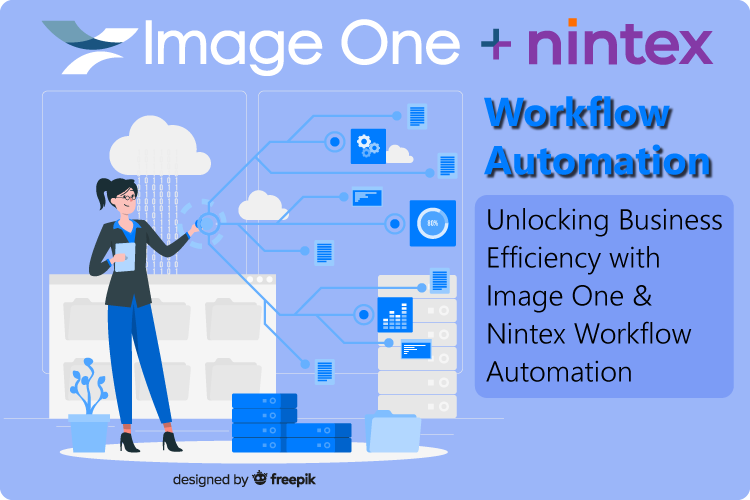Expert urges enhanced security in UK health record digitization
Tuesday, October 21, 2014One United Kingdom health care systems expert believes that the National Health Service plan to go paperless should be combined with an increase in patient security.
Silvia Piai, research manager for IDC Health Insights, believes that the sharing capabilities that electronic health records provide need to be enhanced with stronger security standards, Cable.co.uk explained. She also believes that health care workers should be better educated on why patient information is shared, and the kinds of data that should be made mutually accessible with other parties.
"As we share more online, hospitals need to rethink their approach to security," she stated, according to the publication. "It goes beyond a single user – doctors' surgeries, hospitals and eventually social care providers will share the same information."
Digitizing UK hospitals en masse
Jeremy Hunt, health secretary, urged hospitals to switch to electronic records and leave paper behind last year, according to Computer Weekly noted. Hospitals have taken his challenge seriously. The Pennine Acute Hospitals NHS Trust announced over the summer plans to digitize 100 million paper patient health records. The health care facility claims that the conversion will be the largest electronic health record implementation projects in the UK.
The UK is the largest European electronic health record market, the publication explained. By the end of 2015 spending on the technology is projected to reach $2.1 billion, increasing at an annual growth rate of 4.1 percent. In the same time period global electronic health record spending will hit $22.3 billion on a 5.5 percent growth rate. The U.S. market will be significant as well. With yearly growth estimated at 7.1 percent, spending should reach $9.3 billion by the end of 2015.
There are a multitude of reasons why hospitals have been urged to digitize. David Wilson, a general practitioner at Grove House Practice, said that the switch to electronic records has saved both time and space.
"We've not used paper records in consultation since 2000," he said, according to Computer Weekly. "We have 11,000 patients, and the racking space was astronomical, taking up 20 square meters. So we revamped the office space once we went live 18 months ago."
"My receptionists – they love it," he added. "For the first time they think they're working in an office rather than in between racks dropping dust. If the records were coming back tomorrow, they'd kill me."
When Hunt spoke about health record digitization last year, he referenced the fact that ambulance drivers don't have access to full health records, and that general practitioners and hospitals still have issues with sharing documents. He recommended that hospitals avoid letting implementation become to complex.
Similarly, Piai believes that security standards should be simple enough for everyone to understand, making the navigation of safeguards easy for hospital staff, Cable.co.uk reported. She said that security measures should contain a combination of access and identity management and data analytics.
James Ferguson helped implement the country's first social network centered around patients. He agrees with Piai that though digitization of patient records is a good thing, hospitals need to take their efforts a step further and enhance security.
"We've received very positive feedback," he told Cable.co.uk. "Patients said they felt more involved in their care, felt they knew more about their condition and liked the openness. But people are concerned about security. That's the biggest concern. We use banking level security but doctors are also concerned about the right thing to share."
Brought to you by Image One Corporation providing complete information governance since 1994.




